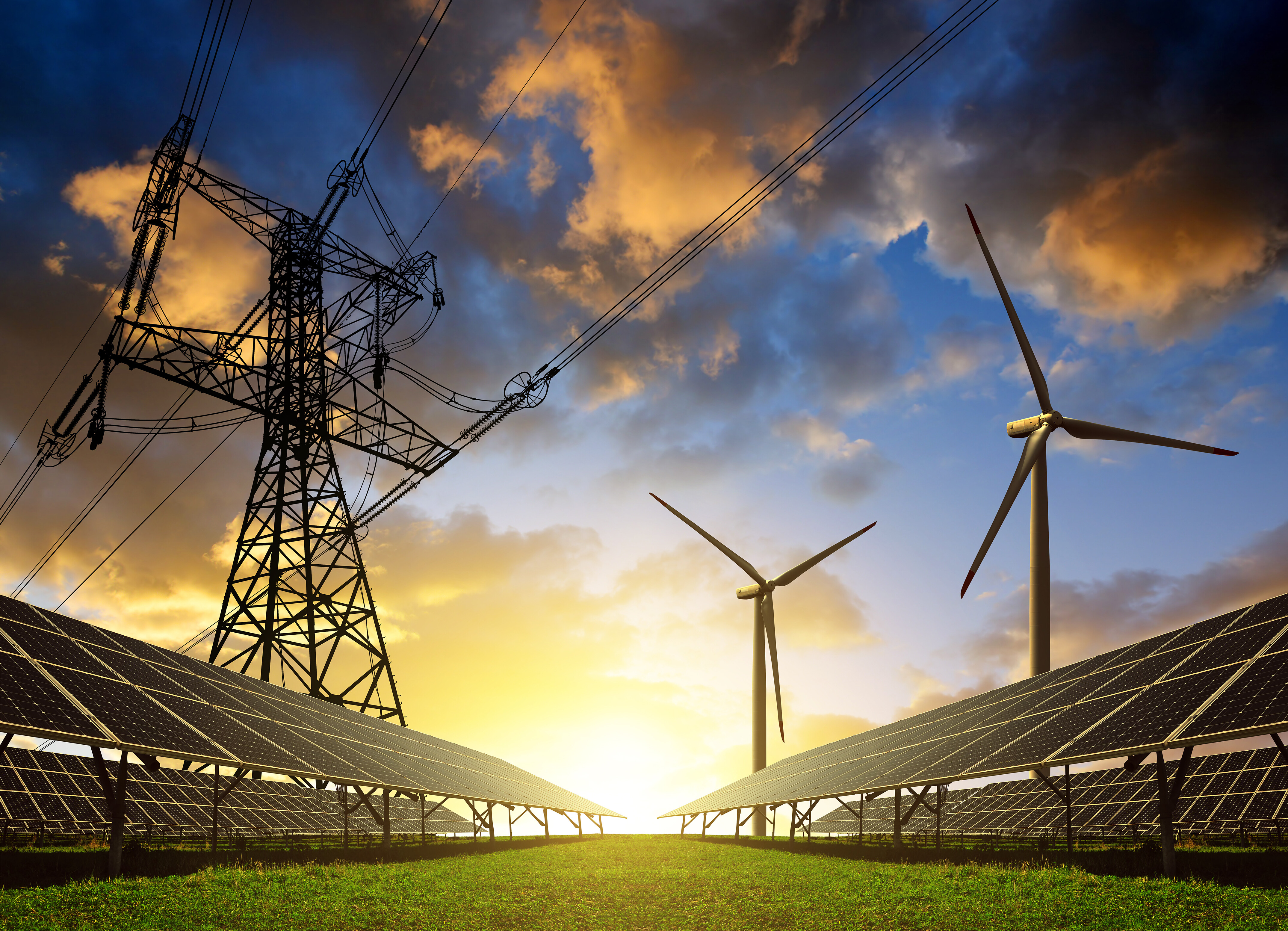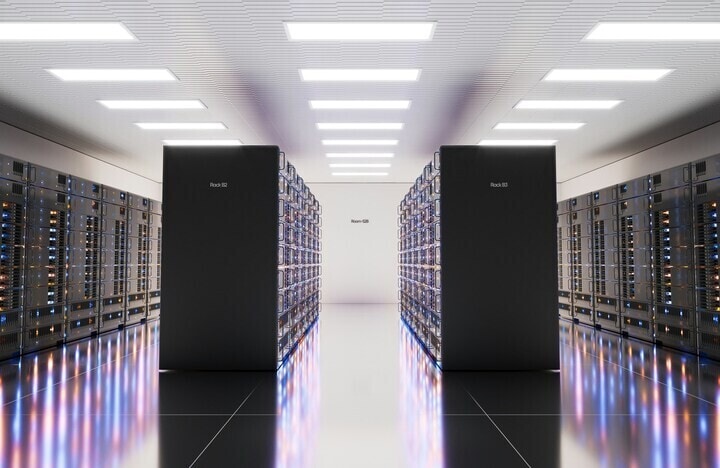Companies are ignoring the biggest economic risk of all: climate change

Storm clouds are gathering - but which pose the biggest threats to business? Image: REUTERS/David Gray
Alison Martin
Chief Executive Officer, Europe, Middle East and Africa, and Bank Distribution, Zurich Insurance GroupClimate change is a very real and serious threat to society. Extreme weather events such as heatwaves and flooding are becoming more commonplace and severe, leaving communities to deal with often devastating humanitarian and economic costs.
In the past 12 months, global protests have brought millions of young people to the streets to voice their opinions, with the result that both policy-makers and businesses are beginning to sit up and take notice. And a report by a UK environmental non-profit showed that the world’s largest 500 companies could potentially face $1 trillion of financial risks in the short term due to climate change impacts such as higher operating costs, asset write-offs and falls in demand.
This is why, while reading the results of the World Economic Forum's 2019 Regional Risks for Doing Business report, which is based on a survey of around 13,000 European business leaders, I was surprised to see that climate change did not appear anywhere in the top-10 risks. For me, it is the biggest existential risk for doing business in Europe - and companies need to act now to be prepared.
Unfortunately, we are not on track to meet the Paris Agreement targets. Businesses urgently need to understand where and how their operations and supply chains are vulnerable to the physical risks of climate change. Equally important is that companies assess their transition risks so that their business models not only remain relevant in a lower-carbon future, but they can seize the opportunities that will be presented.
Cyberattacks are the top threat in Europe, according to the report. The digital world continues to evolve rapidly; more and more devices are connected to the internet and attackers are getting more organized, meaning the threat from external cyberattacks is always increasing.
It’s important that customers trust the companies they do business with not to just provide them with the products and services they need, but to do so in a way that is responsible, ethical and protects their personal information.

This means businesses must continuously invest in their cybersecurity capabilities and should allocate significant resources to proposition development and artificial intelligence. Doing so allows firms to better serve their customers and protect them against constantly evolving cyber-risks.
Turning towards macroeconomic and geopolitical risks, Europe is experiencing the twin effects of a natural slowdown in the economic cycle and a political move to the right. Unfortunately, one feeds the other: weak growth tends to result in a shift to the political right and more inward-looking economies. Factors like Brexit and the US-China trade war only serve to increase the chances of a market sell-off and to heighten volatility across the region.
(Climate change) is the biggest existential risk for doing business in Europe
”In such a scenario, it is likely that central banks will further loosen interest rates and increase asset purchases, driving prices higher, inflating today’s asset bubble further and causing discontent among those who feel savers are being penalized.
Companies with a strong balance sheet, a global/local business model and well-diversified portfolios will be better-placed to navigate these headwinds and be there for their customers when needed. Moving from a reactive to a preventative role will become increasingly important.
Economic, geopolitical and cyber-risks undoubtedly pose an immediate threat to doing business in Europe. However, we all need to acknowledge that climate change is an existential risk to the world - and that includes how we do business. It needs to be at the forefront of decisions, because - if left ignored - the damage will be extensive and irreversible.
Don't miss any update on this topic
Create a free account and access your personalized content collection with our latest publications and analyses.
License and Republishing
World Economic Forum articles may be republished in accordance with the Creative Commons Attribution-NonCommercial-NoDerivatives 4.0 International Public License, and in accordance with our Terms of Use.
The views expressed in this article are those of the author alone and not the World Economic Forum.
Stay up to date:
Global Risks
Forum Stories newsletter
Bringing you weekly curated insights and analysis on the global issues that matter.
More on Global RisksSee all
David Garfield and Francisco Betti
November 18, 2025






